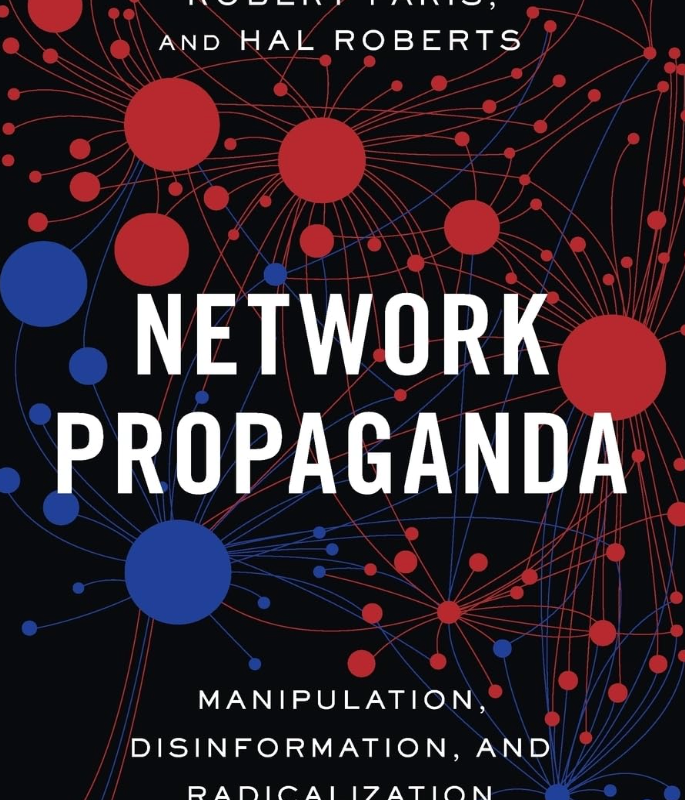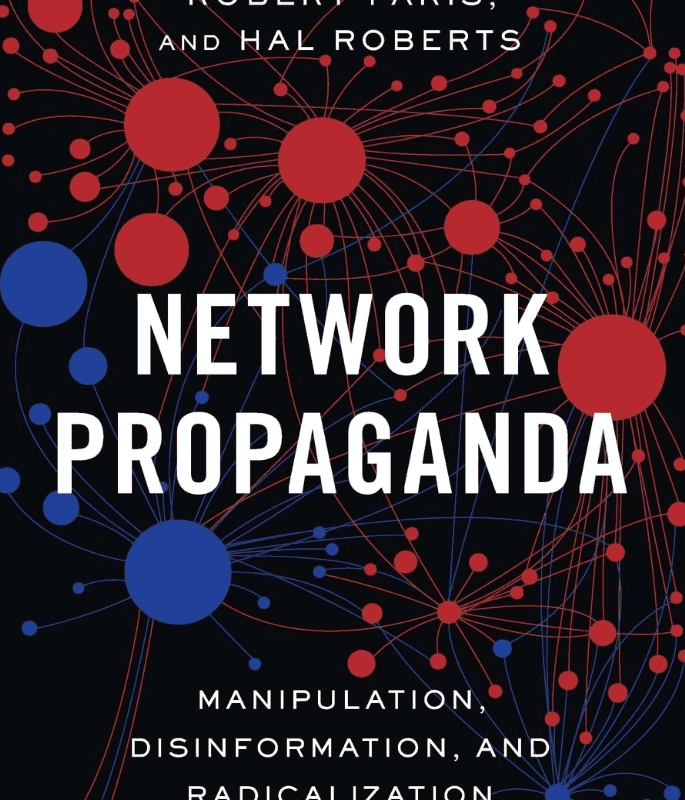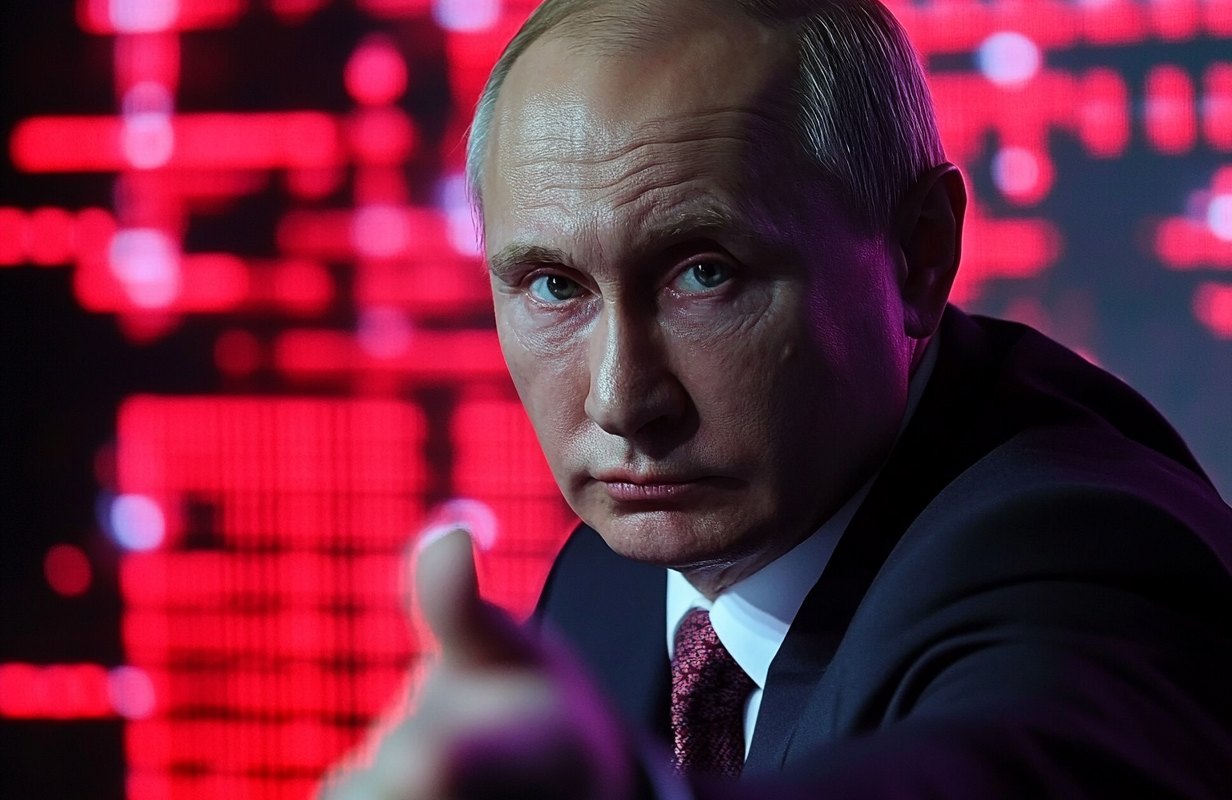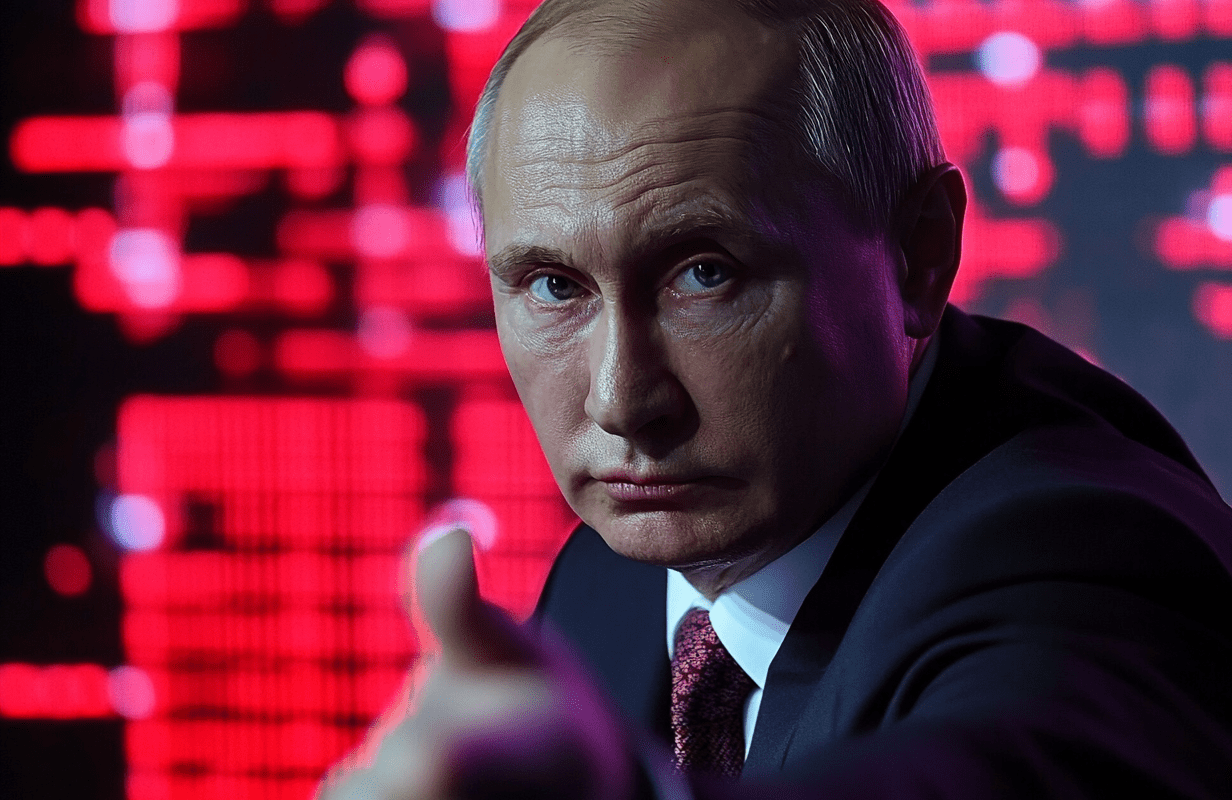Snag some freebies and goodies from this continuously updated offers and deals page. This collection will be mostly AI tools, but with other software and digital services from time to time as well. I will be adding to and keeping this special offers list up to date over time.
Enjoy!
Perplexity Comet Browser
You will want to give the world’s first agentic browser, Perplexity Comet, a try. If you do so using my link you will also get 1 month of Perplexity Pro for free, so what’s not to love?!
Kling AI
Kling is one of the dominant players in the AI generative video space, and was the first to launch a creator social network feature — several months before OpenAI launched Sora 2. They have reasonable plans starting under $9/month, and you can get 50% bonus credits in your first month if you sign up using my link.
Descript
This AI tool is kind of like a Swiss Army Knife for video and audio. It does fast transcriptions, and much much more.
You can get 50% off your first 2 months of a Descript Creator plan if you hit my link.
Lovable
Get 10 extra credits if you sign up for this popular vibe coding platform using my link.
CustomGPT
Custom AI agent solutions for fine-tuning an AI stack to your needs. You can use my code to get a month of free service on the Standard Plan, which includes:
- Exclusive Anti-Hallucination Tech + Includes Citations in responses
- Ingest 1400+ types of documents + Website, YouTube, podcasts, etc.
- Upload up to 60 Million indexable Words
- Create 10 separate AI agents under one account
- Deploy your AI Agent as a live chat, embedded on your website,
- through SGE, API, or by creating an AI assistant.
- SOC-2 and GDPR-compliant + no training on information you upload
OpusClip Pro
This one’s a great tool for content acceleration — it helps you cut down Shorts and Reels from long-form video, and much else besides including transcription, captioning, clip editing, thumbnail generation, reframing, and more. You can auto-post your clips to multiple platforms directly from within OpusClip, saving you even more time and freeing you up to accelerate further.
Try OpusClip here and check out an overview video below.
Replit
Replit is the easiest way to go from idea to code without the usual headaches. Open it in your browser, pick a language, and you’re instantly coding—no setup, no installs. It’s like Google Docs for code, with built-in AI to help you write faster and smarter, plus real-time collaboration if you want to build with friends or colleagues. Whether you’re sketching out a side project, experimenting with APIs, or just learning to code, Replit lets you prototype and deploy in minutes.




